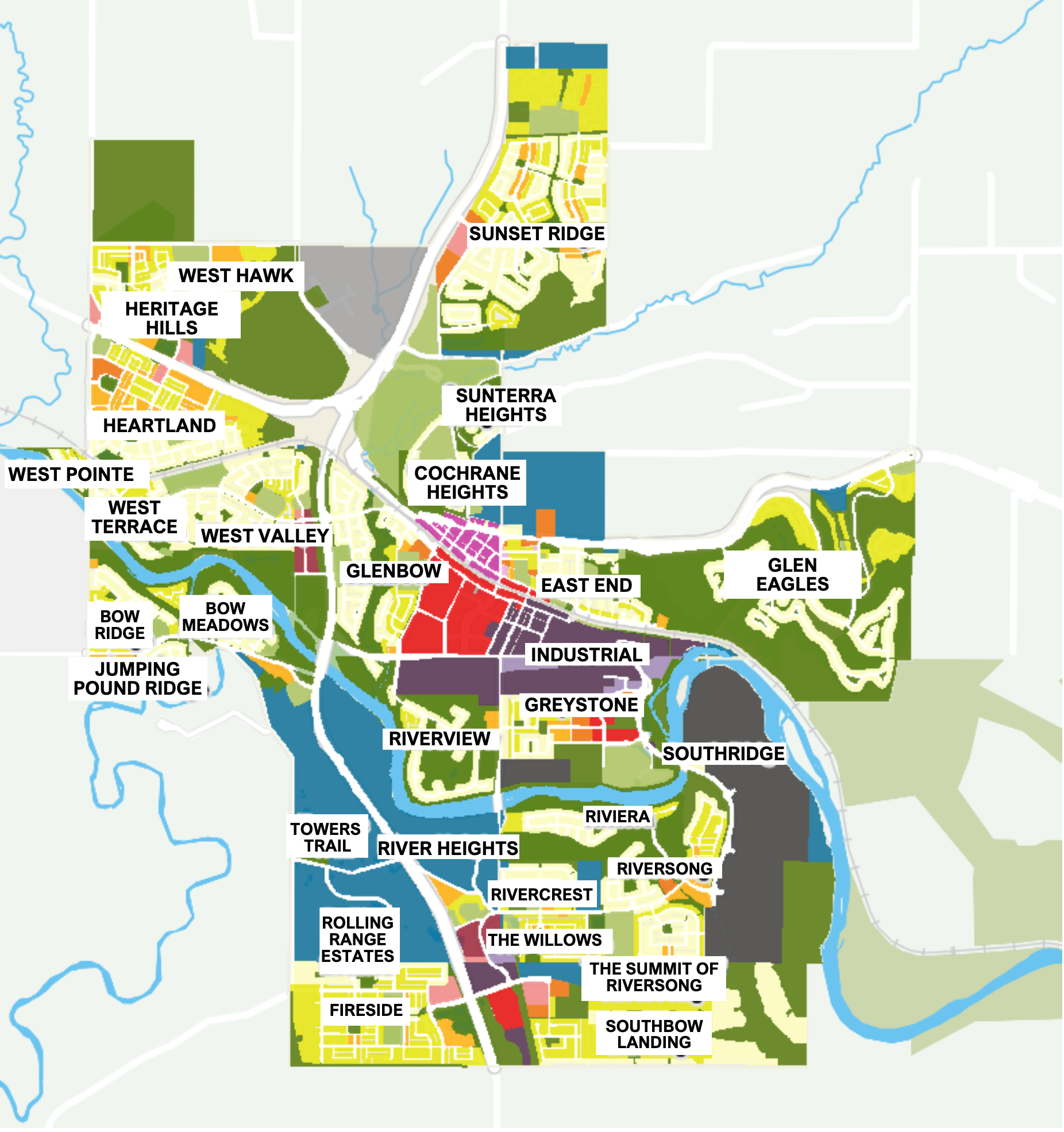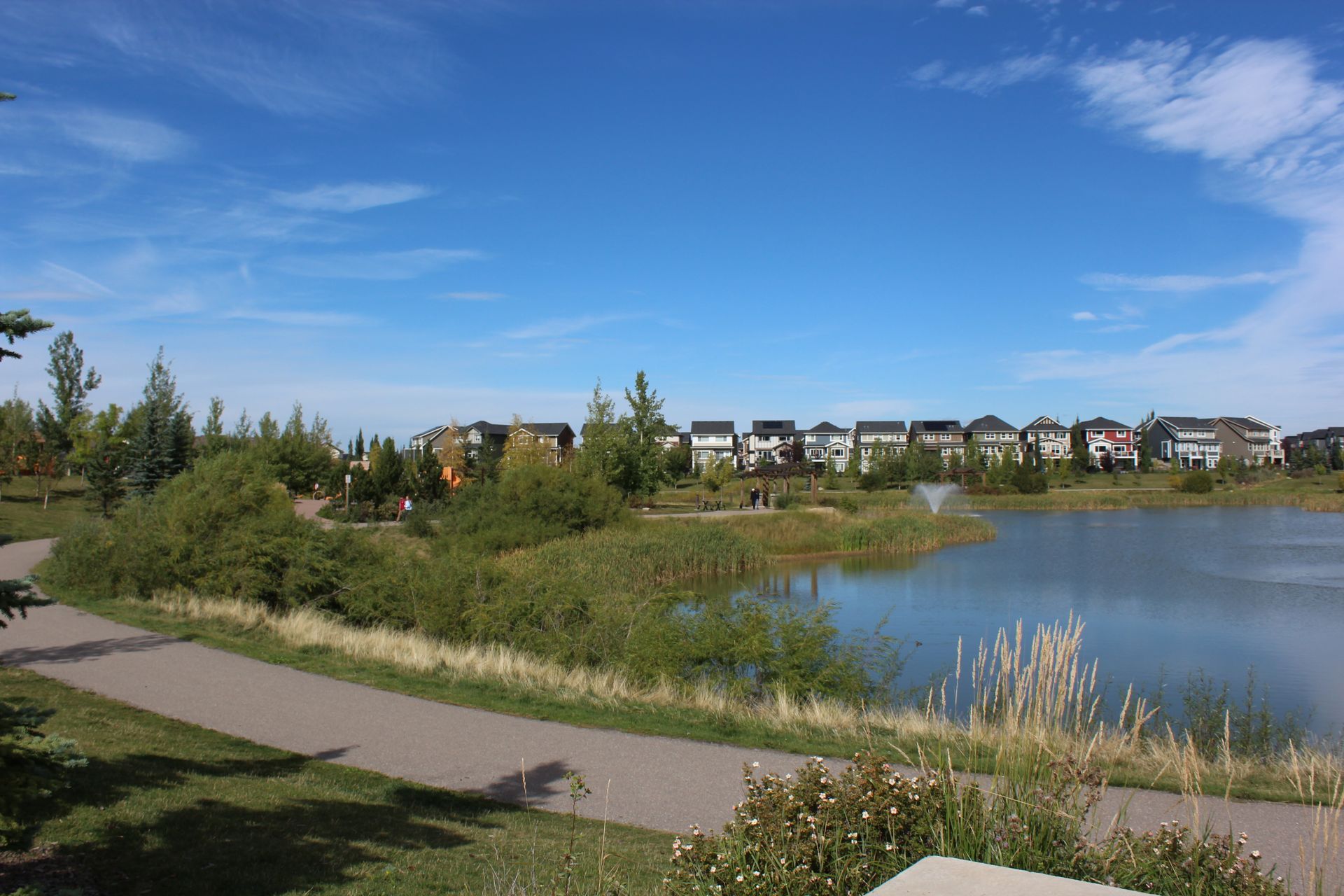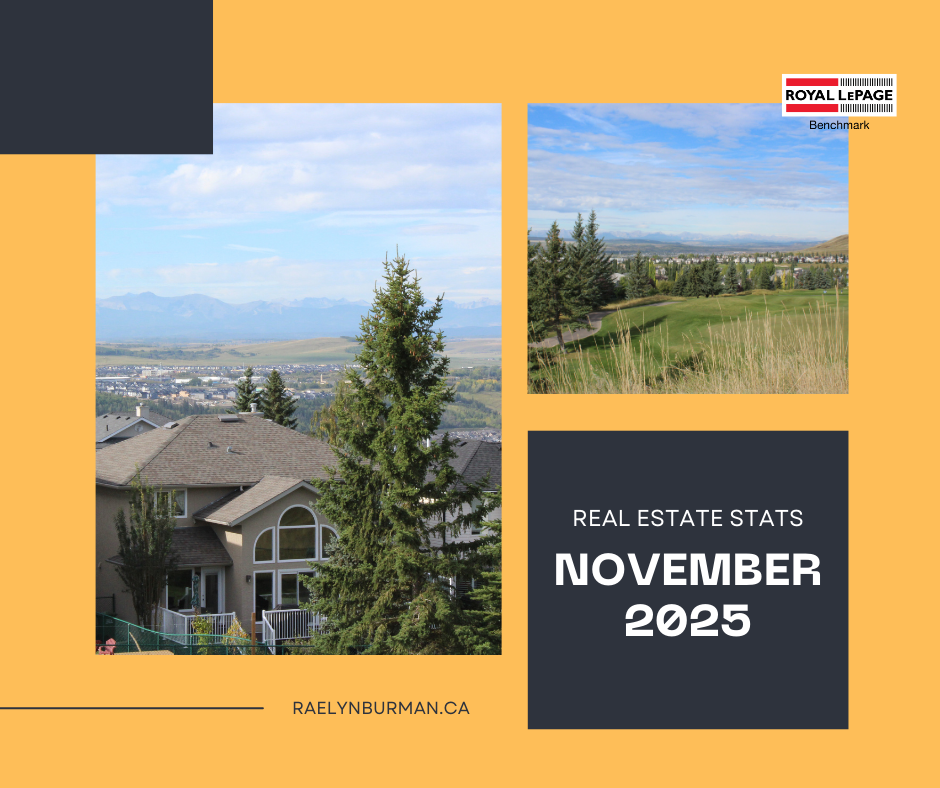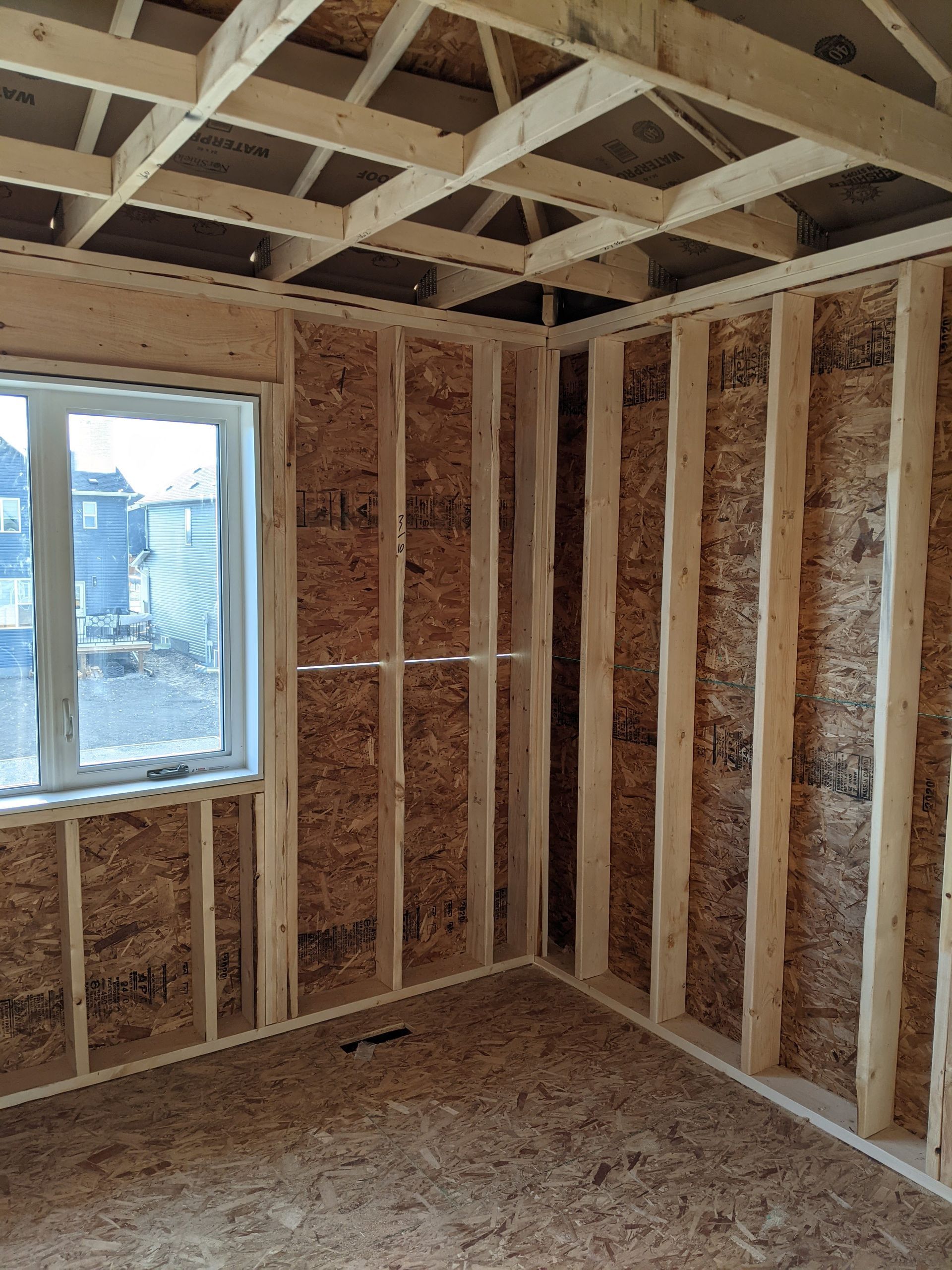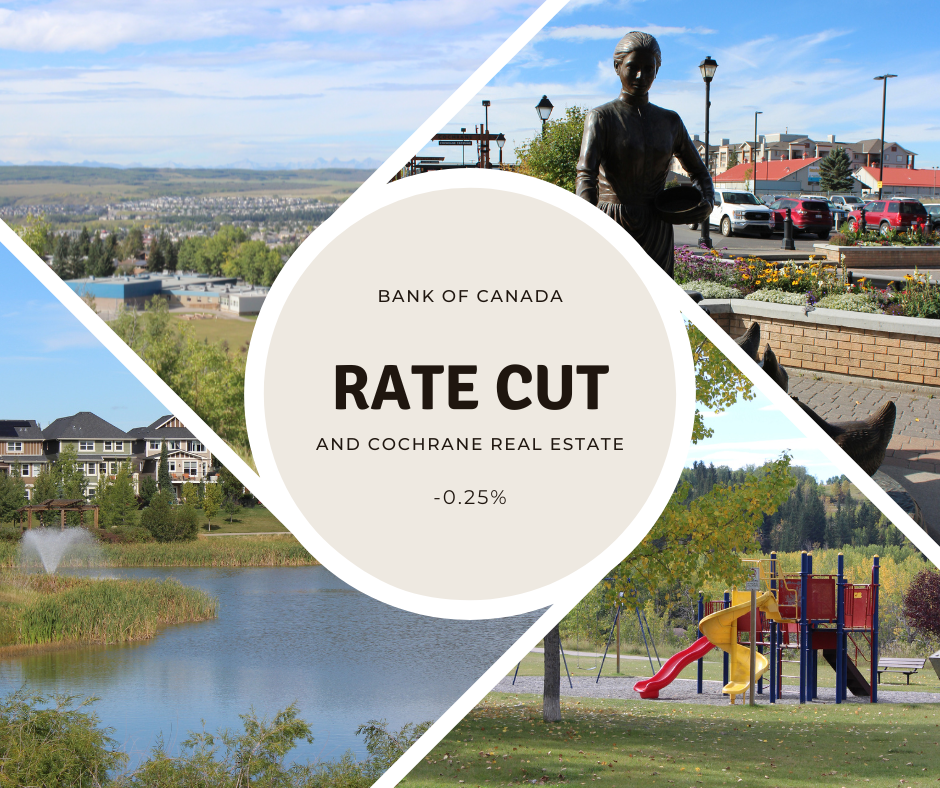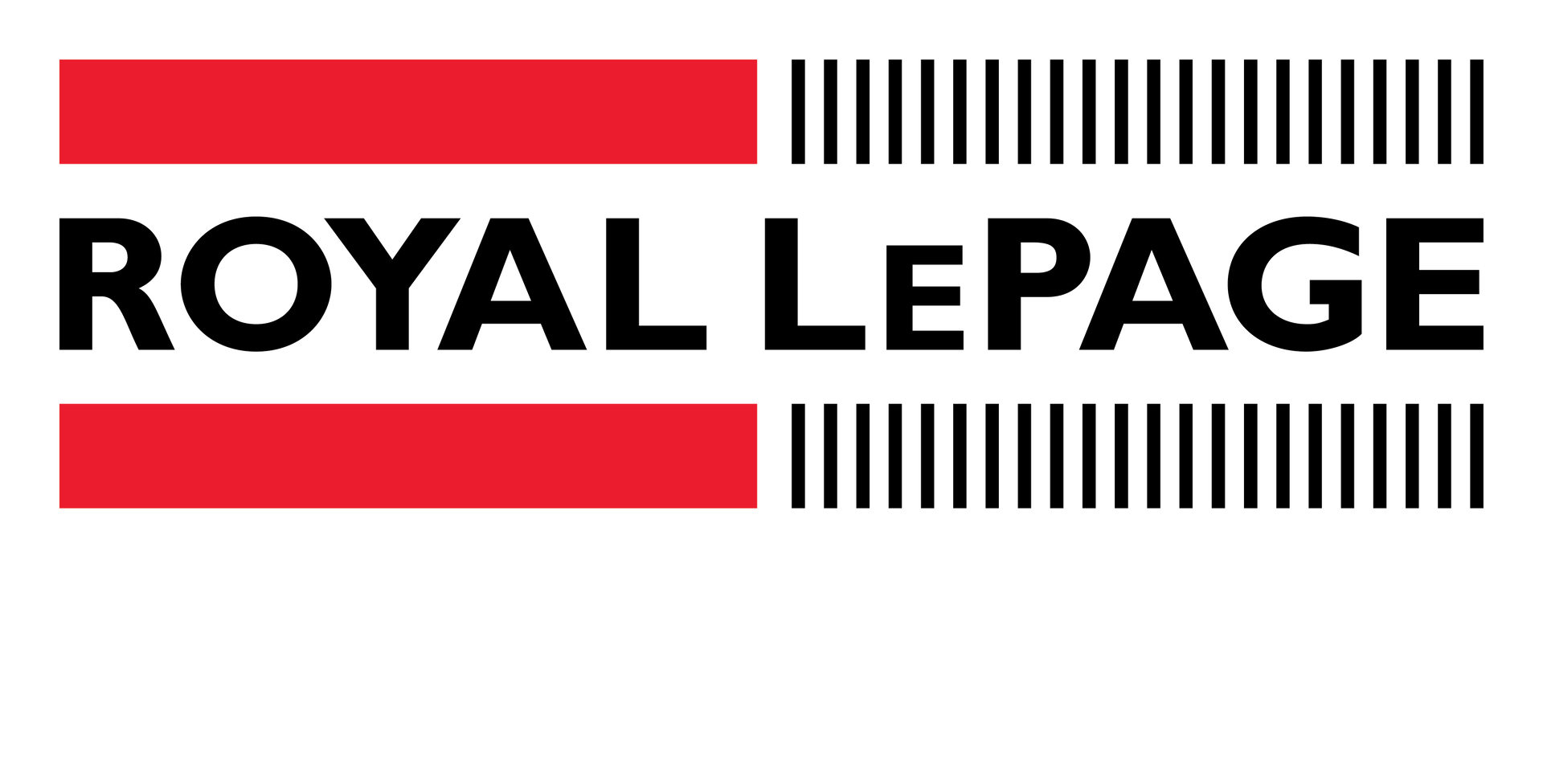Real Estate Closing Costs Increasing
And How Does This Effect You?
Understanding Alberta’s Recent Increase to Land Transfer Fees and Mortgage Registration Fees
If you’ve been keeping an eye on the Alberta real estate market, you might have heard about the recent increases to land transfer fees and mortgage registration fees. These changes have sparked plenty of conversations among buyers, sellers, and industry professionals. So, what do these fee hikes mean for you, and how might they impact the real estate landscape in Alberta?
What Are Land Transfer Fees and Mortgage Registration Fees?
Before we dive into the details of the increase, let’s quickly define these fees.
- Land Transfer Fees: This is a fee charged by the provincial government when a property changes hands. It’s a standard cost in every real estate transaction and is based on the value of the property being transferred.
- Mortgage Registration Fees: If you’re purchasing a property with a mortgage, this fee covers the cost of registering that mortgage with the provincial government.
Why the Increase?
The Alberta government recently announced an increase to these fees, citing the need for additional revenue to support provincial infrastructure and public services. While Alberta has long been known for having lower property-related fees compared to other provinces, these increases bring the province closer to national averages.
The government has emphasized that even with the rise in fees, Alberta remains one of the most affordable provinces in terms of real estate transaction costs. However, for buyers and sellers already dealing with higher interest rates and fluctuating market conditions, the fee hike adds another layer of cost to homeownership.
How Much Are the New Fees?
While the exact amount of increase can vary based on the value of the property and the mortgage, here’s a rough idea of how the new fee structure might look:
- Land Transfer Fees: The fee increase will see a modest rise in what buyers need to pay when purchasing a home. In addition to a $50 base fee that remains unchanged, land transfer fees will increase from $2 to $5 per $5,000 of property value. For example, on a home valued at $500,000, the fee will increase from $250 to $550.
- Mortgage Registration Fees: The mortgage registration fees have also seen a similar increase, which will add an extra cost when financing your home. In addition to a $50 base fee that remains unchanged, mortgage registration fees will jump from $1.50 to $5 per $5,000 of amount being financed. For example, on a home valued at $500,000 with 5% down, the fee will increase from $192.50 to $525.
How Will This Impact the Real Estate Market?
In a market already experiencing uncertainty, these additional costs may slow down transactions slightly, particularly for first-time homebuyers who are already facing affordability challenges. However, for most buyers and sellers, this increase is a relatively small addition when compared to the overall cost of a real estate transaction.
The long-term effect on Alberta’s real estate market remains to be seen, but these changes could drive more cautious decisions for those on tighter budgets.
What Can Buyers and Sellers Do?
For prospective buyers, it’s more important than ever to plan for all the associated costs of a home purchase, including these increased fees. Working closely with a Cochrane real estate agent and a mortgage professional can help you budget effectively.
For sellers, understanding how these changes may influence buyers can help you position your property more competitively. Keep in mind that while the fee increases add to a buyer’s cost, Alberta remains an attractive place for homeownership, especially compared to provinces with even higher transaction fees.
Conclusion
Alberta’s increase to land transfer fees and mortgage registration fees is a reminder that real estate costs go beyond the purchase price of a home. While the increase may not be drastic, it’s still an extra cost that buyers and sellers should account for in their financial planning. As always, staying informed and working with knowledgeable professionals can help ensure a smooth real estate experience, even in the face of changing regulations.



